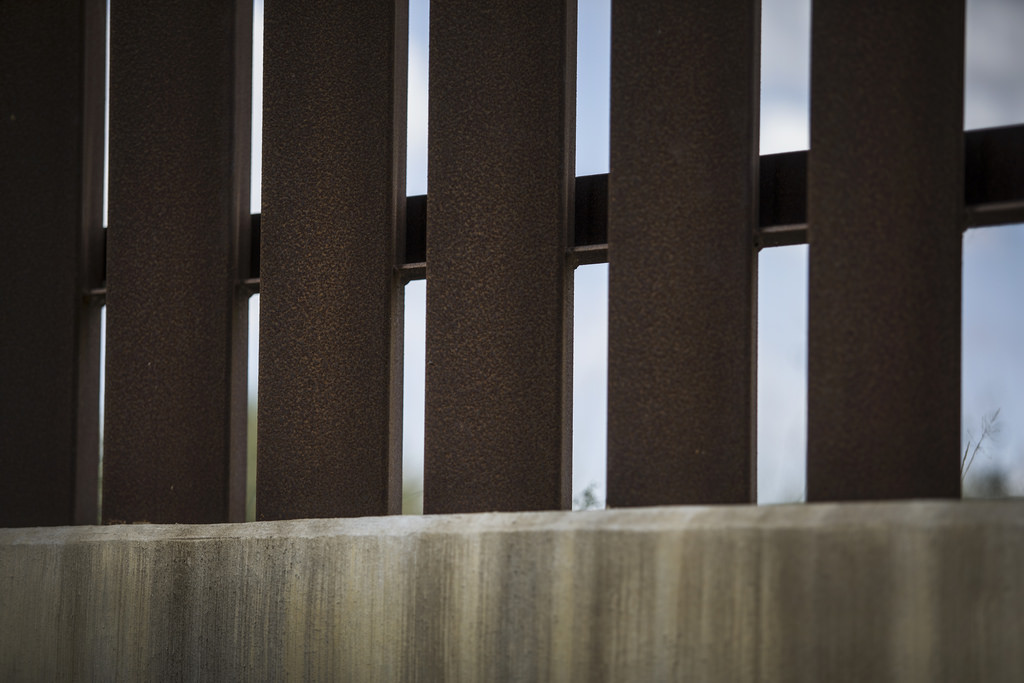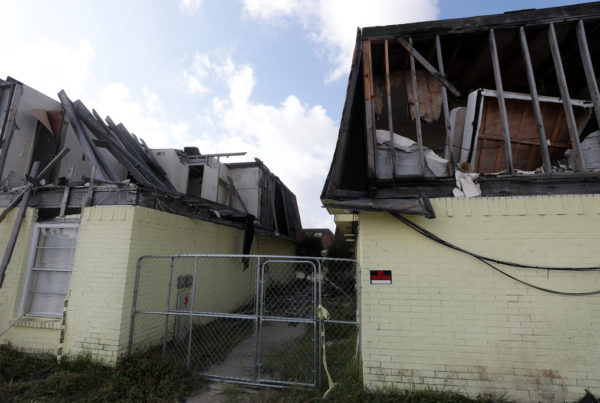Lawmakers from both parties struck a tentative deal Monday night that would avert another government shutdown. It includes some money for fencing along a small portion of the southern border, and it’s likely to pass in the House and Senate. But it’s still not clear whether President Donald Trump will sign the agreement.
Paul Brace, professor of political science at Rice University, says most members of Congress are in favor of the deal.
“I think they’re all in,” Brace says. “There have been a few Republicans who have not signed on, but I think there’s general support, even on the Republican side, that they did not want to see the government shut down again.”
Brace says the recent shutdown cost the U.S. economy an estimated $3.6 billion, and “achieved nothing.”
“I think Republicans are even tiring of this battle and want to move on,” Brace says.
The deal includes over $1.3 billion for 55 miles of fencing along the southern border. Since the deal was announced, Republicans have pointed out that House Speaker Nancy Pelosi had said Democrats wouldn’t agree to funding for any kind for border barrier. But Brace says Pelosi’s concession is small compared to what Trump had originally asked for.
“We started out with 2,000 miles of wall [and a] 30-foot-high concrete barrier that Mexico was going to pay for, two years ago, that was gonna cost $25 billion,” Brace says. “Had he conceded on DACA, I think the Democrats were willing to give him $20 billion.”
Brace also points out that there was another deal for $1.6 billion at the end of last year, which Trump rejected.
“We’re now down to $1.37 billion. So, I guess you could call that a victory but from a lot of other perspectives, it looks like a pretty significant loss,” Brace says.
He says Congress will most likely pass this new deal, and Trump probably will, too.
“There remains, in our mercurial president, some question whether he’ll sign it. But I’m believing right now that he will because I think, ultimately, everyone wants to avoid another shutdown.”
Trump could still declare a national emergency to get more money for his wall, even if he signs the deal. But Brace says that would be an “unattractive option,” and that it would most likely be challenged in court and Trump would lose.
But Brace says Trump also has the power to divert money from other projects like disaster relief or military housing, and use it for the wall.
“Neither of those options will be attractive to members of Congress who need those funds for their districts,” Brace says.
Written by Caroline Covington















